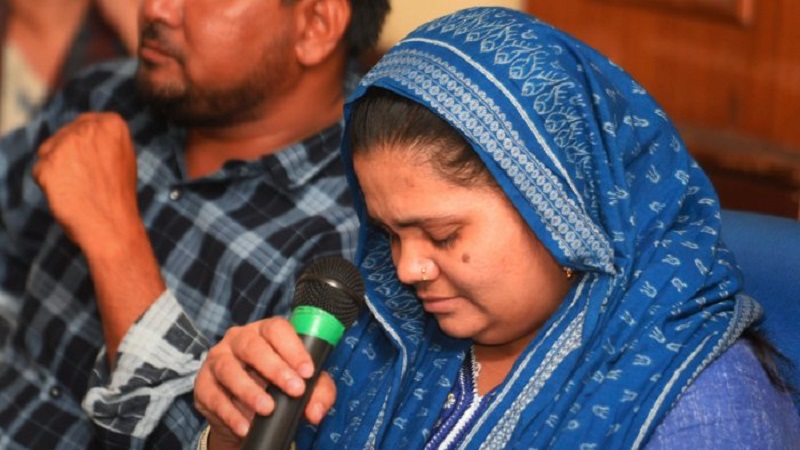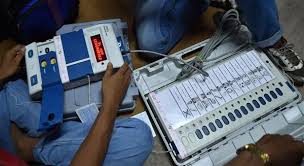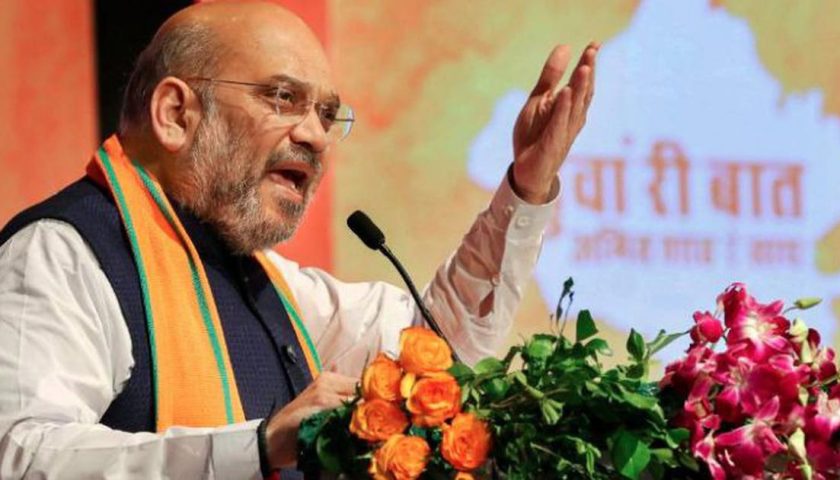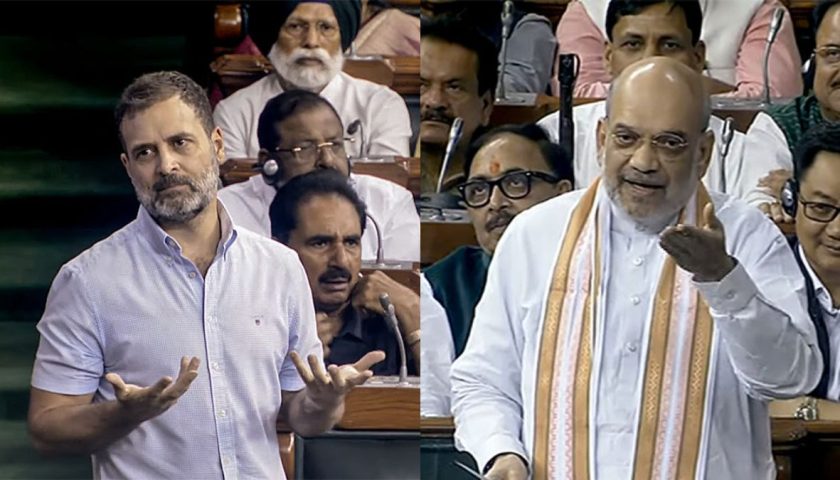The opportunity to reform must be given to all prisoners and not a few, the Supreme Court said on Thursday as it asked Gujarat whether its remission policy was applied selectively and why the Mumbai court that convicted 11 people in the 2002 Bilkis Bano gang rape case was not consulted when the men were released last year.
The court was hearing a petition filed by the victim Bano along with a set of public interest litigations (PIL) challenging the release of the 11 convicts in August last year, despite being convicted of gang rapes and murders during the 2002 Gujarat riots. The men were not eligible for remission under a 2014 policy but were considered under a more relaxed 1992 policy because the latest guidelines were not in force when the men were convicted in January 2008.
Additional solicitor general (ASG) SV Raju, who represented Gujarat, argued that the men deserved the chance of reformation because punishment for a heinous crime shouldn’t debar a person from seeking remission. But the court appeared unimpressed.
“Why then is the policy of remission applied selectively?” the bench, comprising justices BV Nagarathna and Ujjal Bhuyan, asked.
“Why are our jails overcrowded?… Opportunity to reform and reintegrate must be given to every prisoner not only to few prisoners. But how far is remission policy being implemented where the convicts have completed 14 years? Is it being applied in all cases?” the bench further added.
Raju told the top court that the state was bound to follow a May 13 top court judgment — in a petition filed by one of the convicts Radheshyam Bhagwandas Shah — that asked the state to decide the prisoners’ remission plea under the 1992 policy within two months.
He told the bench that the state followed the procedure under Section 432 of the Code of Criminal Procedure, took the opinion of the presiding judge of Godhra court on June 3, and formed a jail advisory committee that considered the opinion of the local police, jail superintendent and the trial court judge to recommend the release of the prisoners on August 10 last year.
But the bench noted that the Godhra court was not the convicting court.
“When this court passed the order on May 13, the file was already sent to Maharashtra. What was the need to have another opinion from sessions court in Godhra?” the bench asked. The top court was referring to an earlier remission application moved by Shah in August 2019 that was then forwarded by the Gujarat authorities to Maharashtra, where the Mumbai court that convicted all 11 accused in 2019 turned them down.
Raju defended the Gujarat court. “Whether it is X or Y judge, it hardly makes a difference. The judge who convicted them had retired. This is a rare situation which has arisen where the crime took place in Gujarat but the trial was shifted to Mumbai by the top court. The sessions judge in Maharashtra will not have any viewpoint on how a person is doing in Gujarat. The best person to know about all these persons had to be in Gujarat.”
After the 2002 riots, the top court had shifted the trial in Bilkis Bano case in 2003, to Maharashtra.
”It will never be the case that the judge who has convicted will be available. In every three years, a judge gets transferred. In this case, it has taken 14 years, by when the judge would retire. It is a statutory opinion to be given under Section 432(2) CrPC by the presiding judge of the court and not the case,” the bench said.
Commenting on the remission policy of states, the bench said the question was whether the policy of premature release was being implemented uniformly in all cases, with respect to all those who completed 14 years in jail and were eligible for it.
“On the other hand, we have cases like Rudul Shah. Even though there was an acquittal, he continued to remain in prison. Extreme cases, both this side and that side,” the bench said.
Rudul Shah was arrested for his wife’s murder in 1953 and was in jail for many years, in spite of his acquittal by a sessions court in June 3, 1968. He was finally released in 1982.
The court asked the state which remission policy would apply to the 11 convicts if the May 13 order was not passed. Raju responded by saying that the policy that existed on the date of conviction — in this case, the 1992 policy — would be applicable.
Raju said that the May 13 judgment was not reversed till date, and that none of the petitioners argued that the 1992 policy was bad.
The bench reminded the state that the background of the case must be kept in mind. “This court sent the case to a different jurisdiction and got the case investigated by CBI [Central Bureau of Investigation] because of faulty investigation.”
Gujarat argued that, in matters of remission, CBI was not the right authority to be consulted. “If CBI investigates an offence in Godhra sitting in Navi Mumbai, it will not know anything about the ground realities whether a witness is being threatened by the accused. In peculiar facts of this case, the local superintendent of police will be the right person to give such opinion,” Raju said.
The ASG said the purpose of remission was to reform a prisoner, different from sentencing that sought to punish. Moreover, he added, the courts did not award the death penalty to these convicts, suggesting that they didn’t consider the crime “rarest of rare”. The convicts were not barred from seeking remission after a fixed period of sentence, Raju added.
The court countered this by saying, “Here the highest sentence has been awarded after death penalty, that of life sentence.”
Raju responded by asking if the punishment for a heinous crime barred a person from seeking remission. “Should the past always be dangling on your head? The law does not say that a person is to be punished for perpetuity. He should be given a chance to reform,” he said.
To this, the bench asked whether the remission policy was being applied selectively, referring to jails being overcrowded, and life convicts and undertrials languishing in jail for periods beyond 14 years. The ASG said that answering the court’s query will require statewise statistics on remission, and that other factors also contributed to overcrowding.
The top court adjourned the case to August 24.
Bano was 21, and five months pregnant when she was gangraped while fleeing the violence during the 2002 riots, and her three-year-old daughter was one of the seven people killed.
The 11 men convicted of the crimes were released on August 15, 2022, after one of them, Radheshyam Bhagwandas Shah, approached the Supreme Court in April 2022 seeking remission, arguing that he spent over 15 years in prison. By an order in May 2022, a bench led by justice Ajay Rastogi (since retired) directed the Gujarat government to consider the convicts’ plea for premature release in accordance with the 1992 policy.






